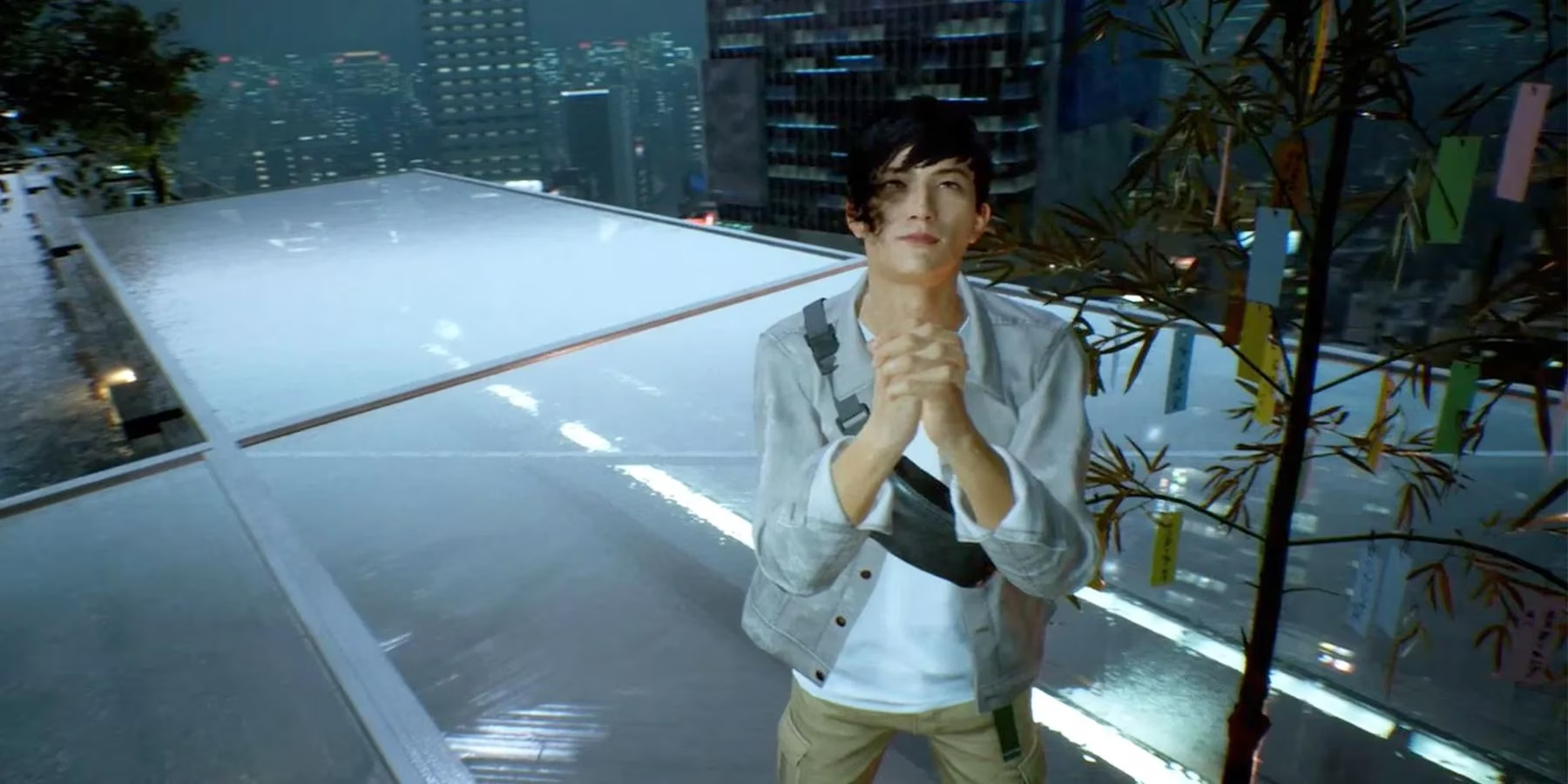In the digital labyrinth of gaming subscriptions that define 2025's landscape, treasures lie dormant, waiting for the curious soul to discover them. Among Bethesda's constellation of titles available on Xbox Game Pass, one particular star shines with an understated brilliance - Ghostwire: Tokyo, a hauntingly beautiful action-adventure that deserves far more recognition than it has received.
The winds of corporate change blew strongly when Microsoft embraced Bethesda into its fold in 2021, bringing with it a cascade of celebrated titles to the Game Pass library. While many gamers gravitate toward the familiar territories of Skyrim and the radiation-soaked landscapes of Fallout 4, or the cosmic expanses of Starfield, they often overlook the spectral streets of Tokyo.

Tango Gameworks crafted something truly special with Ghostwire: Tokyo - a game that dances between reality and the supernatural with graceful precision. Available for Xbox Series X/S and PC subscribers, this title unfortunately remains beyond the reach of Xbox One users, a silent testament to its technical ambitions.
The journey of this title has been nomadic. Born first on PlayStation 5 and PC, it finally found its way to Xbox Series consoles in 2023, immediately finding sanctuary in the Game Pass catalog. As a Microsoft first-party title now, its presence seems assured for the foreseeable future - a permanent resident in this digital library.
A Mesmerizing Dance with Spirits
They say Tokyo never sleeps, but in Ghostwire, it dreams differently. The game presents players with a hauntingly accurate recreation of Japan's capital, now emptied of its living inhabitants and filled instead with yokai and spirits from Japanese folklore. The streets shimmer with rain and neon, creating reflections that seem to bridge our world and theirs.
The combat system is where the game truly ascends to artistry. Players don't simply fight - they perform. Fingers weave intricate patterns in the air, channeling mystical energies that manifest as vibrant streaks of power. Each combo flows into the next with a fluidity that feels almost choreographed:
-
🌊 Water techniques sweep away groups of spirits
-
🔥 Fire abilities pierce through stronger defenses
-
💨 Wind attacks offer rapid precision strikes
The animations that accompany these abilities transform violence into visual poetry. Spirits don't simply die; they unravel, returning to the elements from which they came.
A City Transformed
Ghostwire: Tokyo doesn't merely recreate Tokyo - it reimagines it. The city becomes a character itself, breathing with supernatural energy and ancient mystery. Shrines glow in the distance, beckoning the player through rain-slicked streets where paper lanterns float untouched by the elements.
The exploration system deserves particular praise. Movement feels liberating, with the protagonist able to grapple to spirit tengu hovering above the cityscape, allowing for vertical traversal that gives new perspective to familiar urban landscapes.

The game's world is divided into districts, each with its own personality:
-
Shibuya's commercial heart beats with neon and modernity
-
Asakusa carries the weight of tradition and spiritual significance
-
Shinjuku's urban canyons create vertical playgrounds for exploration
Narrative Shadows
Where the game's light dims somewhat is in its narrative construction. The story begins with promise - a mysterious disappearance of Tokyo's population, a protagonist sharing his body with a spirit detective, and a masked antagonist with unclear motives. These elements create an intriguing foundation, but the architecture built upon it sometimes lacks structural integrity.
Characters move through their arcs with predictable trajectories. The mystery, while compelling in its premise, unravels along expected lines. Yet perhaps this is intentional - the game seems more interested in creating a mood, an atmosphere, than in constructing complex narrative labyrinths.
Even with these narrative limitations, the game creates moments of genuine emotional resonance. Small side quests involving lost spirits often contain more poignancy than the main storyline:
A child spirit searching for his mother
An old man wanting to see his shop one last time
A musician needing to perform their final concert
These vignettes speak to universal human experiences - loss, regret, unfinished business - that transcend cultural boundaries.
Technical Artistry
In 2025, three years after its original release, Ghostwire: Tokyo still impresses visually. The real-time ray tracing creates reflections in puddles that seem to hold entire worlds within them. Particle effects during combat transform firefights into fireworks displays. The audio design deserves special mention - from the whispers that follow you down empty alleys to the distinctive sounds of each spiritual ability.
The technical specifications speak to the game's ambitions:
| Feature | Implementation |
|---|---|
| Resolution | Dynamic 4K |
| Frame Rate | 60fps with performance mode |
| Ray Tracing | Available on Series X |
| Load Times | Near-instantaneous |
| DualSense Features | Fully supported on PC |
The Underappreciated Gem
Ghostwire: Tokyo exists in that curious space between mainstream success and cult classic. It neither failed commercially nor achieved blockbuster status. Its Metacritic score of 77 places it in the "good but not great" category that often leads to games being overlooked in year-end discussions.
Yet those who have wandered its rain-slicked streets know there's something special here - a game that prioritizes mood and atmosphere over mechanical innovation, that values aesthetic coherence over feature lists. In an industry often chasing trends, Ghostwire chose instead to chase a feeling.
As we move deeper into 2025, with new technologies and games competing for our attention, perhaps it's worth looking back at this spectral Tokyo. It waits patiently in the Game Pass library, neither demanding attention nor fading completely from memory.
In this haunted version of Tokyo, where the boundaries between life and death blur like ink in rain, perhaps we find something more valuable than mere entertainment - a meditation on what remains when people vanish, on the stories that linger in empty spaces, on the thin membrane that separates our world from others we cannot normally perceive.
What other digital worlds wait undiscovered in our gaming libraries, their unique visions overshadowed by louder, more insistent titles? And what do we lose when we allow these quieter experiences to fade into the digital ether without giving them the attention they deserve?
